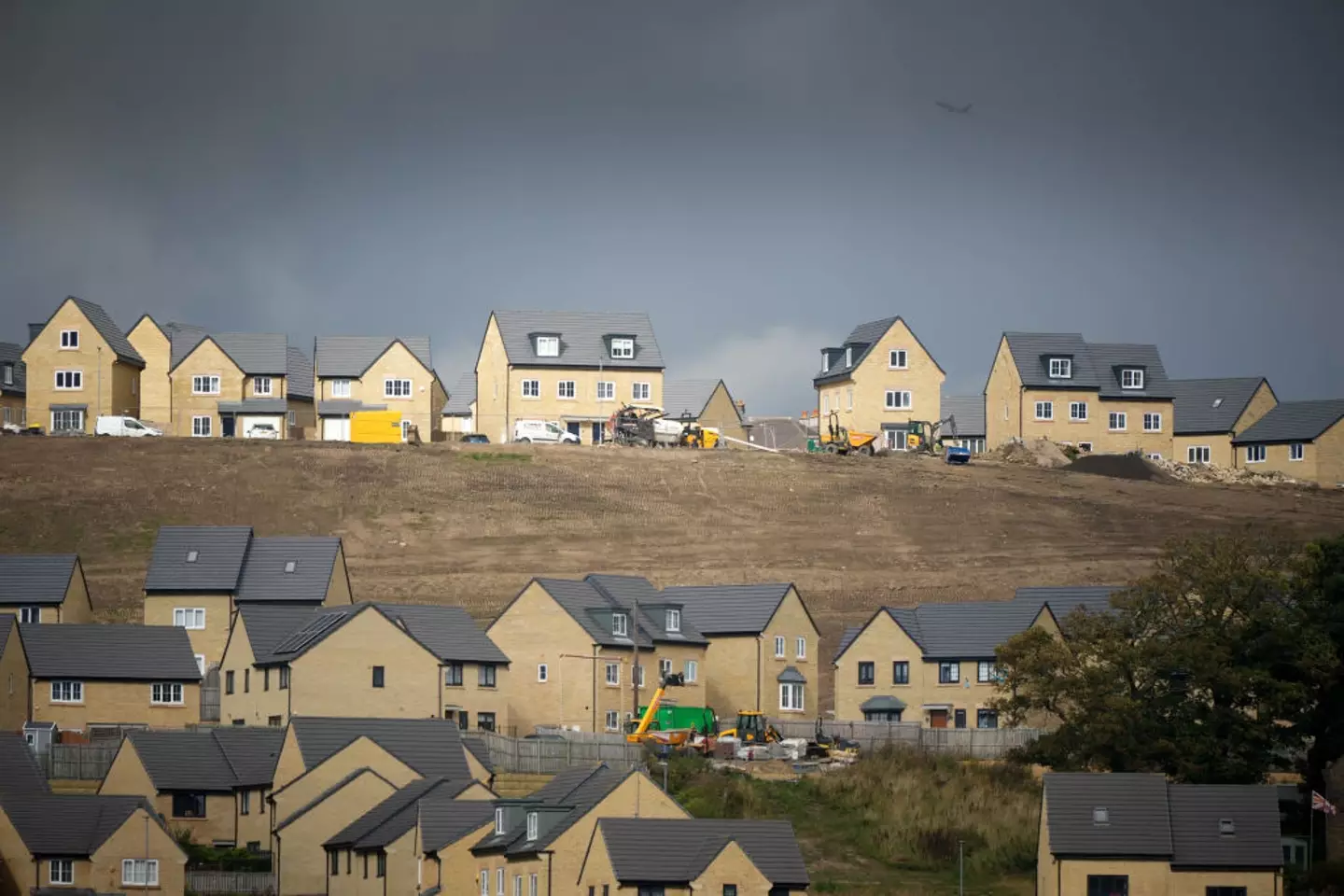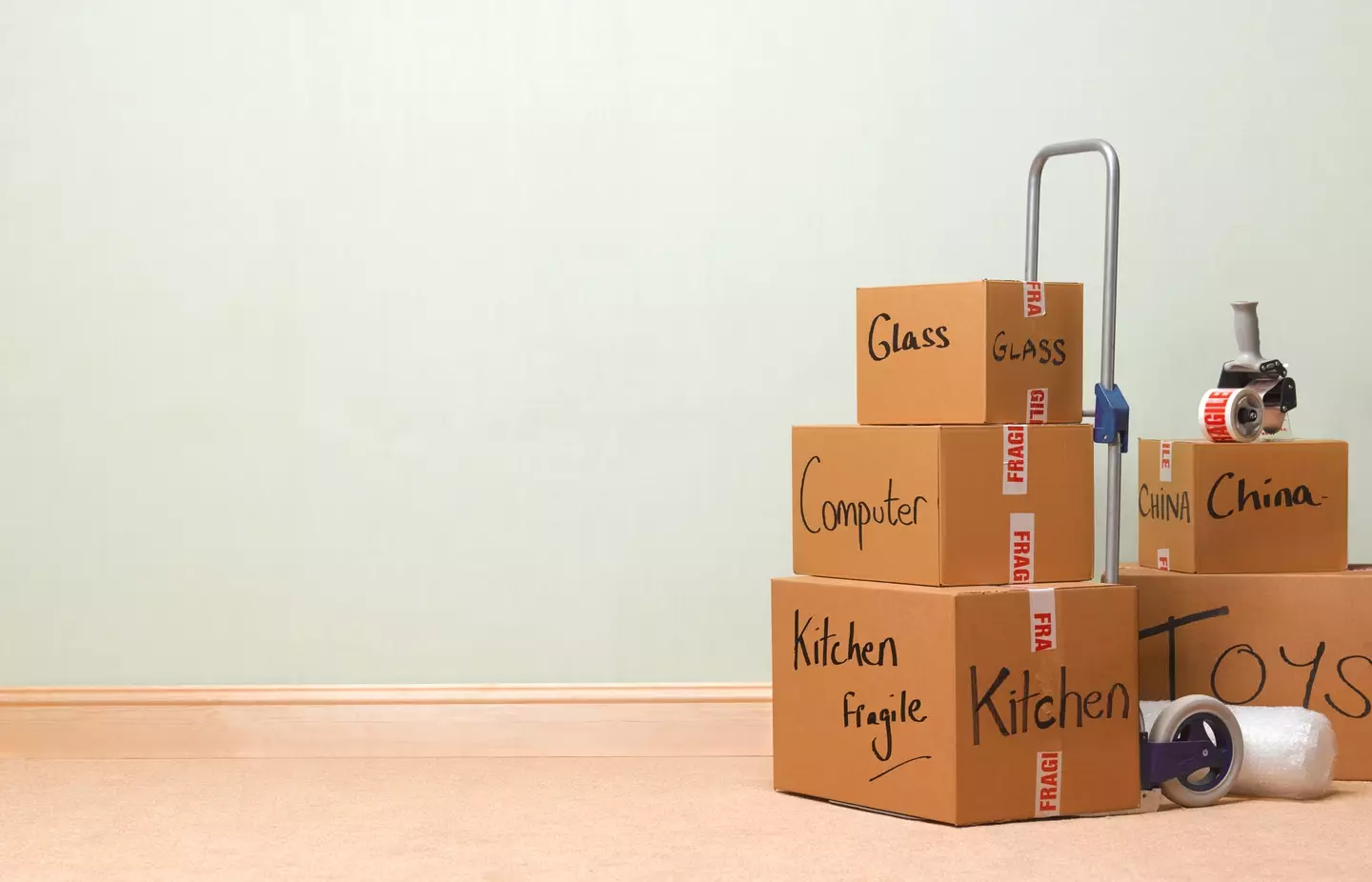The Bank of England is making a significant change that impacts the money in our pockets and ability to buy property
First time buyers in the United Kingdom have been given a huge boost by the Bank of England after it made a huge change to interest rates in the country.
Buying that first property is a dream many young professionals aspire to.
But it is one that is bloody hard to achieve in a country where house prices are, on average, more than nine times the average salary.
It is something that has led to a generational divide on why younger folk aren’t buying young, with house prices increasing 106 fold since 1966. In contrast, salaries have only gone up 33 fold in the same time period.
So no, fancy high street coffees and avocado on toast is not why Gen Z and millennials are struggling to buy, sorry boomers.
Today (7 November), the Bank of England met where interest rates were cut in a massive boost to those buying property.

Many first time buyers opt for new build homes (Christopher Furlong/Getty Images)
Analysts reckoned the rate would fall from its current level of five percent to 4.75 percent when the Bank of England’s Monetary Policy Committee meets at midday. Just after 12pm, the decision was confirmed.
What does this mean for you if you’re buying? Mortgage rates should fall alongside the new interest rate level to reflect the market moving, with the base rate used by those giving out mortgages to set their mortgage rates as well as other loans.
If you have a lower mortgage rate, your monthly mortgage repayments should also be lower.

Moving house is a stressful experience (Getty Stock Images)
But it comes as house prices in the UK have increased significantly going in to the announcement, something that could happen again as lower rates push up demand due to it being easier to borrow money.
According to Halifax, the average house price for October is £293,999.
This is higher than the last peak in June 2022, where the average cost of a property sat at £293,507, heavily influenced by the coronavirus pandemic.

House prices are at a high (Christopher Furlong / Getty Images)
Amanda Bryden, head of mortgages at Halifax, said: “That house prices have reached these heights again in the current economic climate may come as a surprise to many, but perhaps more noteworthy is that they didn’t fall very far in the first place.
“Despite the headwind of higher interest rates, house prices have mostly levelled off over the past two and a half years, recording a 0.2 percent increase overall.”
In England, the north west region is where property prices have boomed the most heading in to October, up 5.9 percent in the last 12 months to a regional average of £235,587.
Lower interest rates is bad for those who are saving money, rather than looking to make investments. Rachel Springall, of Moneyfacts, said: “Savers are the ones who feel the force of cuts to interest rates. Those savers who use their interest to supplement their income will feel overlooked if rates plummet.”
Featured Image Credit: Christopher Furlong / Getty Images / Getty Stock Images